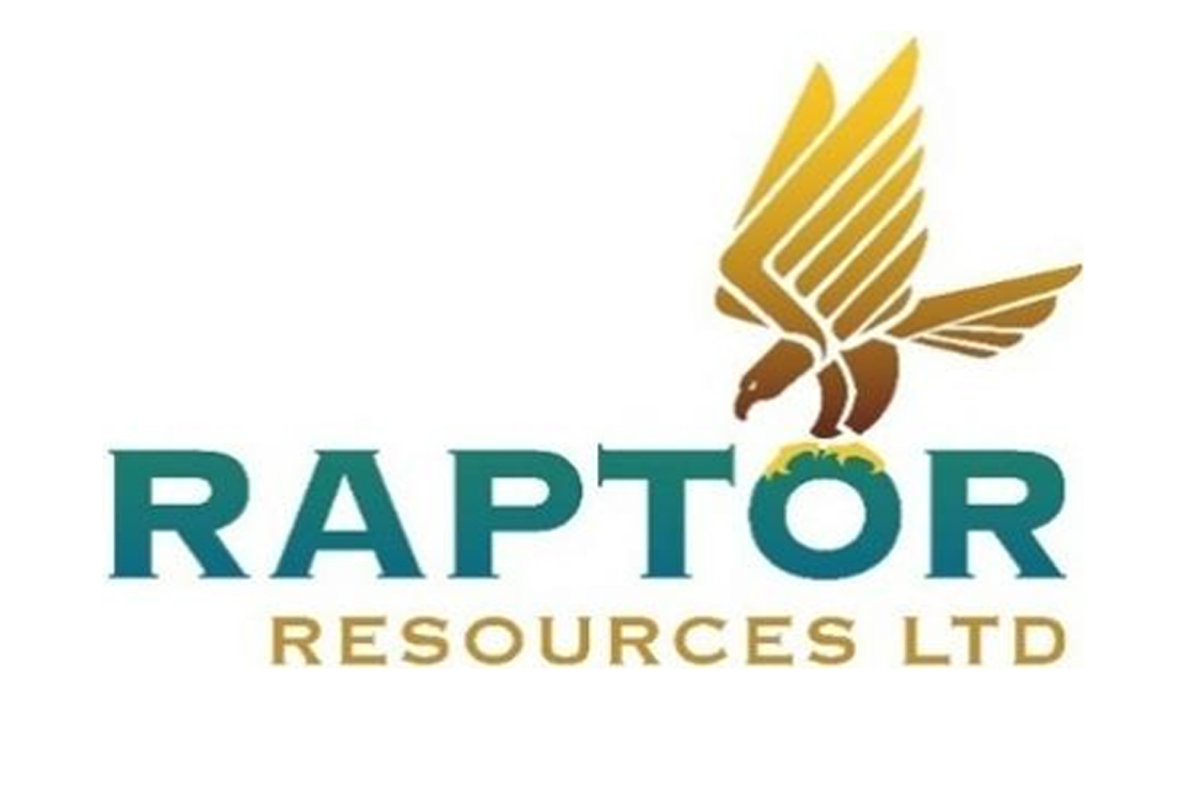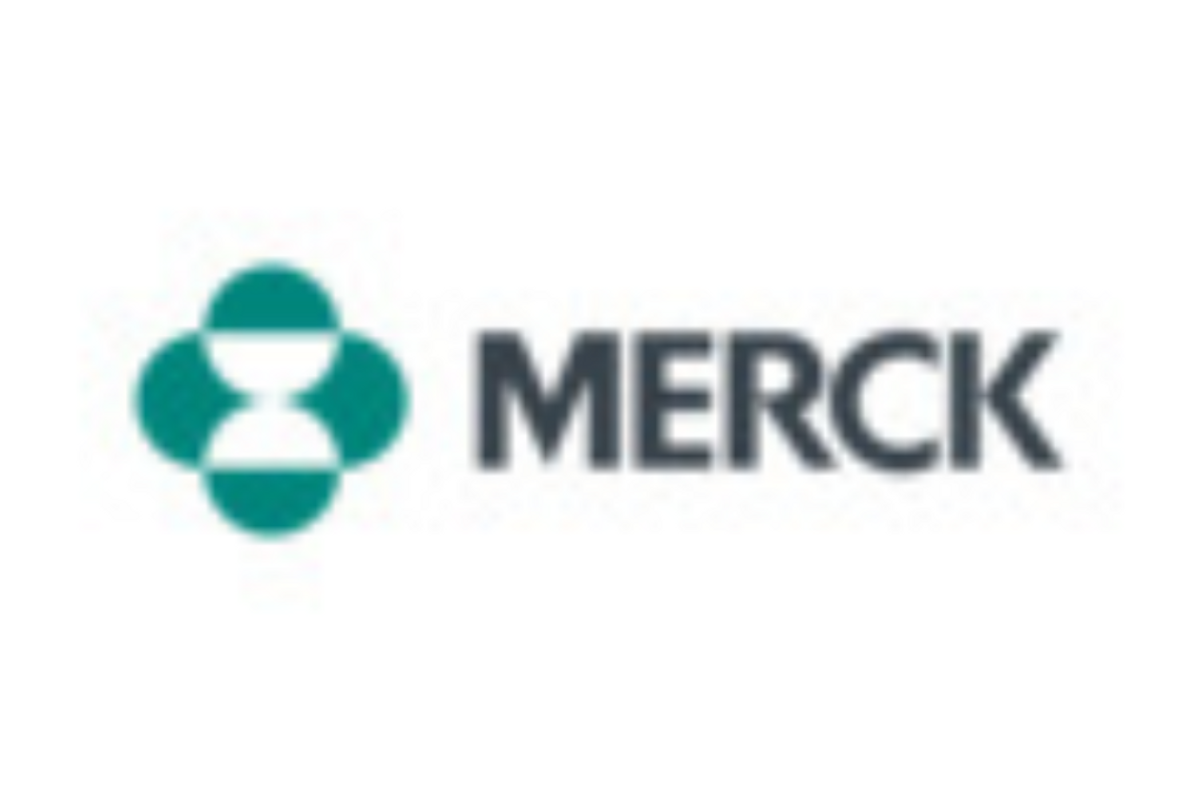MK-0616 was generally well tolerated and reduced LDL-C across all dose levels compared to placebo
Merck plans to start Phase 3 pivotal study in the second half of 2023
Merck (NYSE: MRK), known as MSD outside of the United States and Canada, today announced results from the Phase 2b clinical trial evaluating MK-0616, an investigational, once-daily oral proprotein convertase subtilisin/kexin type 9 (PCSK9) inhibitor in adults with hypercholesterolemia. The primary objective of the study was to evaluate the percent change in low density lipoprotein cholesterol (LDL-C) from baseline to week 8 for 4 doses of MK-0616 (6, 12, 18 and 30 mg) versus placebo. At week 8, all doses of MK-0616 significantly reduced LDL-C compared to placebo and the placebo-adjusted reduction from baseline ranged from 41.2% (6 mg, CI 95%, -47.8 to -34.7; p nd Annual Scientific Session together with World Congress of Cardiology (ACC.23/WCC) and simultaneously published in the Journal of The American College of Cardiology.
Inhibition of PCSK9 increases the removal of LDL-C from the bloodstream. MK-0616 is a macrocyclic peptide and is designed to lower LDL-C via the same biological mechanism as currently approved injectable PCSK9 inhibitors, but in a daily pill form. High LDL-C, if left untreated, can lead to a high risk of atherosclerotic cardiovascular disease (ASCVD) events, such as heart attacks and strokes.
"Despite widely available statin treatments, millions of patients are still not able to lower their cholesterol to the guideline-recommended levels and as a result are at increased risk for serious cardiovascular complications associated with atherosclerosis," said Dr. Christie M. Ballantyne, principal investigator of the study and Professor of Medicine at Baylor College of Medicine. "Currently available PCSK9 inhibitors are effective tools to treat hypercholesterolemia but must be administered by injection. With these promising data showing that MK-0616 reduced LDL-C levels by up to 60.9%, MK-0616 should be further studied for its potential as a daily oral medicine."
"These data reinforce our confidence that MK-0616 could become the first oral PCSK9 inhibitor, with the potential to change the way patients with hypercholesterolemia who need additional LDL-C reduction are treated. This may allow many more patients to reach their LDL-C treatment goals," said Dr. Joerg Koglin, vice president, global clinical development, Merck Research Laboratories. "We look forward to advancing this program into Phase 3 development in the second half of this year."
Additional data from the Phase 2b Study for MK-0616 (MK-0616-008)
MK-0616-008 ( NCT05261126 ) was a randomized, double-blind, placebo-controlled, multi-center Phase 2b trial designed to evaluate the efficacy and safety of MK-0616 administered daily compared to placebo in adult participants with hypercholesterolemia and a broad spectrum of ASCVD risk. Participants were receiving a range of lipid-lowering therapies from no statin to high-intensity statin. The primary efficacy endpoint was the percent change in LDL-C from baseline to week 8. Supportive secondary endpoints (not multiplicity controlled) were percent change in apolipoprotein B-100 (ApoB) and in non-high-density lipoprotein-C (non-HDL-C) from baseline to week 8, and the proportion of participants who achieved protocol-defined LDL-C goals at week 8.
In total, 381 participants from age 18-80 with hypercholesterolemia with a moderate to high risk of atherosclerotic cardiovascular disease were randomized 1:1:1:1:1 to receive MK-0616 at a dose of 6 mg (n=77), 12 mg (n=76), 18 mg (n=76), or 30 mg (n=76) or placebo (n=76) once daily. The study population consisted of 49% female, 66% White, 17% Asian and 6% Black/African American, and 40% Latino or Hispanic.
At week 8, all doses of MK-0616 significantly reduced LDL-C compared to placebo and the results were generally consistent across the prespecified subgroups. The LDL-C placebo-adjusted reduction from baseline were as follows for each of the four doses studied (p
MK-0616 was generally well-tolerated with no overall trends across treatment groups in discontinuation rates or adverse events at week 16. No serious adverse events that were considered by the investigator to be related to treatment with MK-0616 were reported.
About PCSK9 and MK-0616
PCSK9 plays a key role in cholesterol homeostasis by regulating levels of LDL receptors, which are responsible for the uptake of cholesterol into cells. Inhibition of PCSK9 prevents the interaction of PCSK9 with LDL receptors. This results in greater numbers of LDL receptors available on the cell surface to remove LDL cholesterol from the blood.
Discovered and developed by Merck, MK-0616 is an investigational, potentially first oral PCSK9 inhibitor designed to lower low density lipoprotein (LDL) cholesterol. MK-0616 is a macrocyclic peptide that binds to PCSK9 and inhibits the interaction of PCSK9 with LDL receptors.
About Hypercholesterolemia
Hypercholesterolemia, a disorder in which there are elevated LDL-C levels in the blood, affects approximately 73 million adults in the U.S. It is a major risk factor associated with ASCVD, which is the leading cause of death in the U.S. and globally. Despite adjusting diet and taking statin therapies, many patients with hypercholesterolemia are still not reaching their LDL-C lowering goals as recommended by guidelines.
Merck's Focus on Cardiovascular and Pulmonary Disease
Merck has a long history of developing treatments for cardiovascular disease. More than 60 years ago, we introduced our first cardiovascular therapy – and our scientific efforts to understand and treat cardiovascular-related disorders have continued. Cardiovascular disease continues to be one of the most serious health challenges of the 21st century. Approximately 18 million people across the globe die every year, and in the United States, one person dies every 36 seconds from cardiovascular disease.
Advancements in the treatment of cardiovascular disease can make a critical difference for patients around the world. At Merck, we strive for scientific excellence and innovation in all stages of research, from discovery through approval and life cycle management. We work with experts throughout the cardiovascular and pulmonary community to advance research that can help improve the lives of patients globally.
Information for other currently enrolling cardiovascular studies can be found by visiting: https://www.merckclinicaltrials.com/cardiovascular .
About Merck
At Merck, known as MSD outside of the United States and Canada, we are unified around our purpose: We use the power of leading-edge science to save and improve lives around the world. For more than 130 years, we have brought hope to humanity through the development of important medicines and vaccines. We aspire to be the premier research-intensive biopharmaceutical company in the world – and today, we are at the forefront of research to deliver innovative health solutions that advance the prevention and treatment of diseases in people and animals. We foster a diverse and inclusive global workforce and operate responsibly every day to enable a safe, sustainable and healthy future for all people and communities. For more information, visit www.merck.com and connect with us on Twitter , Facebook , Instagram , YouTube and LinkedIn .
Forward-Looking Statement of Merck & Co., Inc., Rahway, N.J., USA
This news release of Merck & Co., Inc., Rahway, N.J., USA (the "company") includes "forward-looking statements" within the meaning of the safe harbor provisions of the U.S. Private Securities Litigation Reform Act of 1995. These statements are based upon the current beliefs and expectations of the company's management and are subject to significant risks and uncertainties. There can be no guarantees with respect to pipeline candidates that the candidates will receive the necessary regulatory approvals or that they will prove to be commercially successful. If underlying assumptions prove inaccurate or risks or uncertainties materialize, actual results may differ materially from those set forth in the forward-looking statements.
Risks and uncertainties include but are not limited to, general industry conditions and competition; general economic factors, including interest rate and currency exchange rate fluctuations; the impact of the global outbreak of novel coronavirus disease (COVID-19); the impact of pharmaceutical industry regulation and health care legislation in the United States and internationally; global trends toward health care cost containment; technological advances, new products and patents attained by competitors; challenges inherent in new product development, including obtaining regulatory approval; the company's ability to accurately predict future market conditions; manufacturing difficulties or delays; financial instability of international economies and sovereign risk; dependence on the effectiveness of the company's patents and other protections for innovative products; and the exposure to litigation, including patent litigation, and/or regulatory actions.
The company undertakes no obligation to publicly update any forward-looking statement, whether as a result of new information, future events or otherwise. Additional factors that could cause results to differ materially from those described in the forward-looking statements can be found in the company's Annual Report on Form 10-K for the year ended December 31, 2022 and the company's other filings with the Securities and Exchange Commission (SEC) available at the SEC's Internet site ( www.sec.gov ).
View source version on businesswire.com: https://www.businesswire.com/news/home/20230306005288/en/
Media Contacts:
Julie Cunningham
(617) 519-6264
Kristina Rey
(917) 880-0025
Investor Contacts:
Peter Dannenbaum
(908) 740-1037
Damini Chokshi
(908) 740-1807






